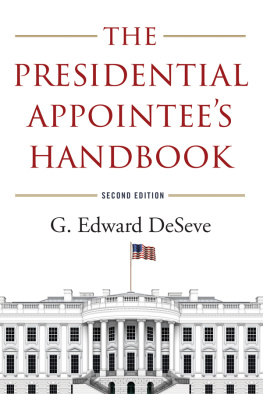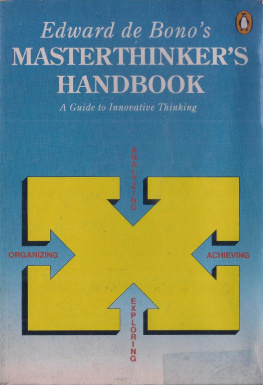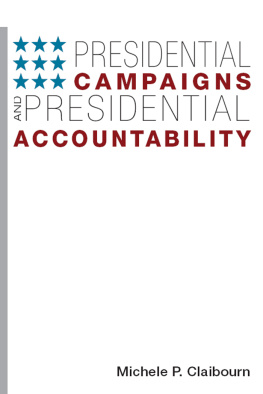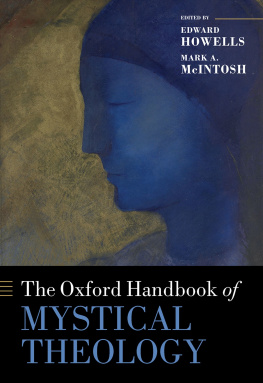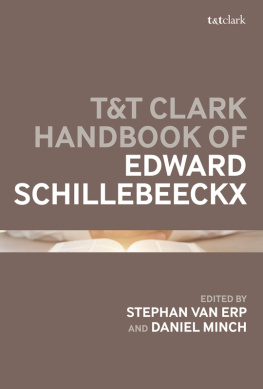Copyright 2017
THE BROOKINGS INSTITUTION
1775 Massachusetts Avenue, N.W., Washington, D.C. 20036
www.brookings.edu
All rights reserved. No part of this publication may be reproduced or transmitted in any form or by any means without permission in writing from the Brookings Institution Press.
The Brookings Institution is a private nonprofit organization devoted to research, education, and publication on important issues of domestic and foreign policy. Its principal purpose is to bring the highest quality independent research and analysis to bear on current and emerging policy problems. Interpretations or conclusions in Brookings publications should be understood to be solely those of the authors.
Library of Congress Cataloging-in-Publication data is available.
ISBN 978-0-8157-2893-1 (pbk. : alk. paper)
ISBN 978-0-8157-2894-8 (ebook)
9 8 7 6 5 4 3 2 1
Typeset in Caslon Pro
Composition by Westchester Publishing Services
Preface to the Second Edition
Thank You for Your Service
At the airport last year, a TSA employee saw my garment bag from my days in the White House and said, Sir, thank you for your service. Normally this kind of thanks is reserved for members of the military, and I was touched that a hard-working employee of the Department of Homeland Security recognized my service. I have been in local, state, and federal service for more than half of my career, and service to the public has always been my most important motivation.
When I wrote the first edition of this book, in 2008, I wanted to give the benefit of my experienceand the experience of others who, like me, have worked for presidentsto the new appointees who were called upon to serve. Our experience is unique. We have been allowed to deal with complex problems and to seek commonsense solutions. Sometimes we did well and sometimes not so well. Always, we tried to serve the American people. Our background and experience came from public, nonprofit, academic, and private sectors. We needed to learn the complexities of serving at the federal level as representatives of the president. It wasnt easy. There is very little training for new appointees. This is especially true if you arrive during an administration instead of at the beginning of one. Elsewhere in this book, I suggest that this lack of training should be remedied by an ongoing learning program at the departmental- and government-wide level. The Office of Personnel Management and the Office of Management and Budget are formulating such programs, and the new administration should adopt them or similar programs during the transition period and beyond.
Themes
Four major themes emerge from this handbook. These themes, as in music or art, recur and lend continuity to the work. They are:
 Commitment and conflict
Commitment and conflict Character, competence, and courage
Character, competence, and courage Continual learning
Continual learning Informed behavior
Informed behavior
Commitment and Conflict
As a presidential appointee, you are here because you have answered a call to serve. Whatever your motivation, you are undertaking a commitment that will involve you in the most important questions facing the nation. In some cases the policies and the direction of the administration will be fully consistent with your own views. At other times you will challenge these policies and test them against your own ideals and codes of behavior. In either situation, you will need a firm commitment to engage in the honest work before you.
It will not always be easy to reconcile your personal ideals and views with those of the administration in which you serve. The history of government service by presidential appointees is replete with stories of conflicts of conscience. Sometimes the only course is to resign. More often, you will seek to shape the policies in a way that seems most beneficial to the future of the nation as you see it. In any case loyalty to the president must be weighed with loyalty to the country you serve and to your own convictions. You can be sure that, in your administration, conflicts and commitments will clash in a public way. The media and critics of the administration are always looking to magnify honest differences of opinions into open hostilities. Your own behavior must be guided by your honest beliefs and by a code of conduct that embraces civility without ignoring your conscience.
Character, Competence, and Courage
To answer the call to service and to have an informed commitment that enables you to deal with the challenges inherent in the conflicts you will face, you will need character, competence, and courage. Your character has been developed over your entire lifetime and will continue to be molded in your current assignment. While it is difficult to change the habits of a lifetime, it is possible to learn new elements of behaviorcalled competencies hereneeded to respond to new challenges. A competency is an underlying characteristic of a person in that it may be a motive, trait, skill, aspect of ones self-image or social role, or a body of knowledge which he or she uses. This handbook uses the broader definition throughout. You already possess competency in certain behaviors and skills or you wouldnt be here. The handbook is designed to enhance your skills and inform your behaviors.
The third element in this theme is courage. Often this consists of speaking truth to power, a phrase attributed, variously, to the Quakers, to Islam, and to the Torah. In the context of your job as a presidential appointee, this kind of courage will require you to bring forward information that you believe is most relevant to dealing with the issue at hand regardless of whether those around you want to hear it. Challenging the conventional wisdom and testing the views of others is an element of courage that you must exhibit. This does not mean you must continually be contrarian. Philosophers have stressed the need to have an ability to accept the things that cannot be changed, the courage to change the things that can be changed, and the wisdom to know the difference. Often quoted, this is still good advice for the appointee. This handbook will provide information about behaviors that can help you gain this wisdom.
Continual Learning
John W. Gardner, founder of Common Cause, wrote:
Exploration of the full range of our own potentialities is not something that we can safely leave to the chances of life. It is something to be pursued avidly to the end of our days. We should look forward to an endless and unpredictable dialogue between our own potentialities and the claims of lifenot only the claims we encounter, but the claims we invent. And by potentialities I mean not just skills, but the full range of our capacities for sensing, wondering, learning, understanding, loving, and aspiring.
This definition of continual learning reflects the journey rather than the destination in acquiring new knowledge, skills, and abilities that mold our behavior. This handbook illuminates those competencies that have been important to other presidential appointees, gives you some perspective from people who have studied the issues carefully, and demonstrates why these competencies should be important aspects of your own behavior. However, it presupposes your commitment to being open to change and willing to foster positive change in your environment.

 Commitment and conflict
Commitment and conflict Character, competence, and courage
Character, competence, and courage Continual learning
Continual learning Informed behavior
Informed behavior
